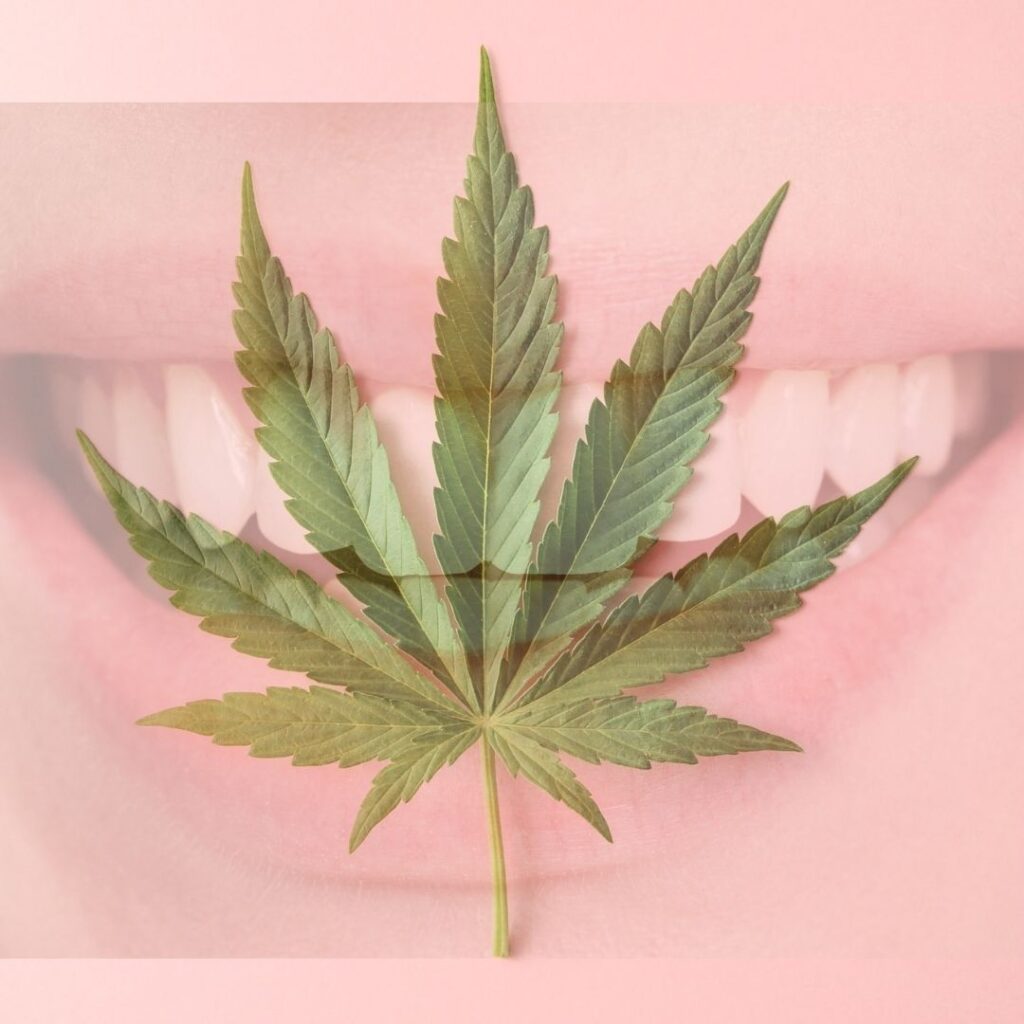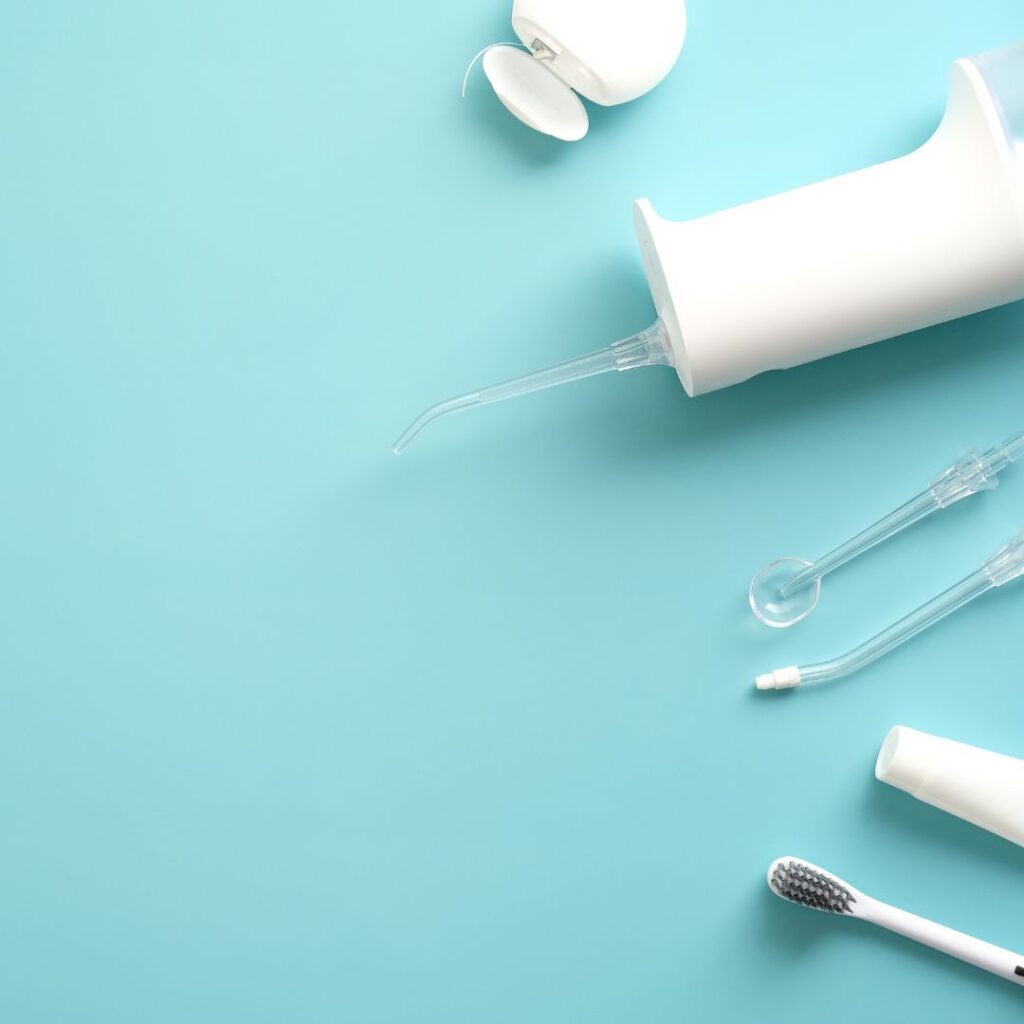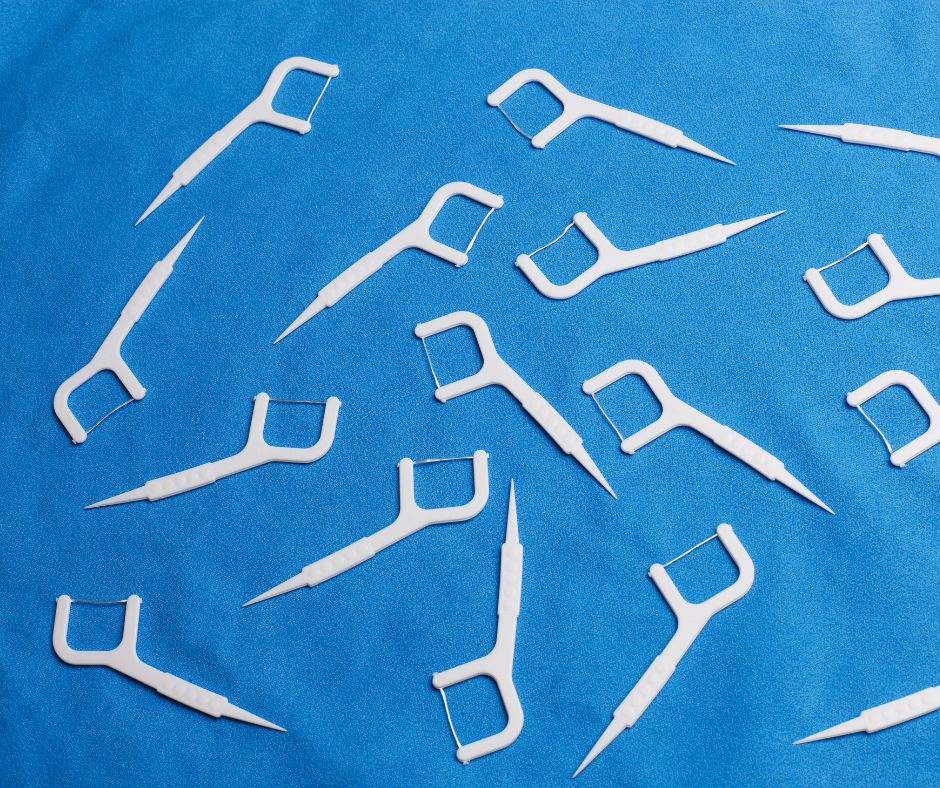ADA home oral care recommendations are based on data from clinical studies and systematic reviews. While general recommendations may adequately address the needs for many patients, a dentist may tailor home oral care recommendations to fit the individual patient’s needs and wants, focusing on a personalized approach to treatment and […]
Read More
Cannabis is a genus of annual flowering plants found in temperate zones around the world, with a long history of use for industrial, recreational and medicinal purposes. The use of cannabis, particularly marijuana smoking, has been associated with poor quality of oral health. Leukoedema is more common among cannabis users […]
Read More
Gum disease can sneak up on you if you don’t know what to look for. It starts out in a mild form called gingivitis, which rarely causes pain, so you’ll probably see the signs before you feel anything unusual. You might notice red, swollen gums or bleeding after you brush […]
Read More
Breastfeeding is one of the first (and most personal) decisions a mother makes for her baby. It can help your baby’s body fight infections and reduce health risks like asthma, ear infections, SIDS and obesity in children. Nursing moms may lower their chances of developing breast and ovarian cancer. But […]
Read More
A regular dental checkup is important year-round, but a back-to-school checkup is key in fighting the most common chronic disease found in school-age children: cavities. In fact, dental disease causes children to miss more than 51 million school hours each year. Even though going back to school looks a little […]
Read More
Playing sports is a great way for your kids to get exercise and socialize with their peers. As much fun as a new sport may be for your little one, young athletes are at a higher risk for sports-related injuries. With fall sports in full swing, protecting your child’s teeth […]
Read More
Water flossing is a way to clean between and around your teeth. A water flosser is a handheld device that sprays streams of water in steady pulses. The water, like traditional floss, removes food from between teeth. Water flossers that have earned the ADA Seal of Acceptance have been tested […]
Read More
Dry mouth—also called xerostomia—results from an inadequate flow of saliva. It is not a disease, but a symptom of a medical disorder or a side effect of certain medications, such as antihistamines, decongestants, pain killers, diuretics and many others. Saliva is the mouth’s primary defense against tooth decay and maintains […]
Read More
Flossing your teeth is one thing you can do to protect your oral health It’s one of those tasks people are supposed to do but often don’t. But why is it important? Flossing removes food particles and plaque from between the teeth and below the gum line where a toothbrush […]
Read More
Diet and Nutrition are significant influencers of oral health While nutrition can be defined as the micro- (vitamins and minerals) and macro- (carbohydrates, protein, and fat) nutrients as they relate to the body’s dietary needs, diet refers to the specific foods consumed. The relationship that diet and nutrition have with oral health is […]
Read More









